Many shocking car recalls have occurred over the last decade, affecting millions globally. These recalls have left guilty automakers with a battered reputation. From injuries to crashes, people have suffered at the hands of these faulty components. There have been instances where consumers were blamed and tricked while companies defended blatant lies. Here are the 15 most shocking car recalls of the last decade.
Takata Airbags (Honda, Ford, BMW, Toyota)
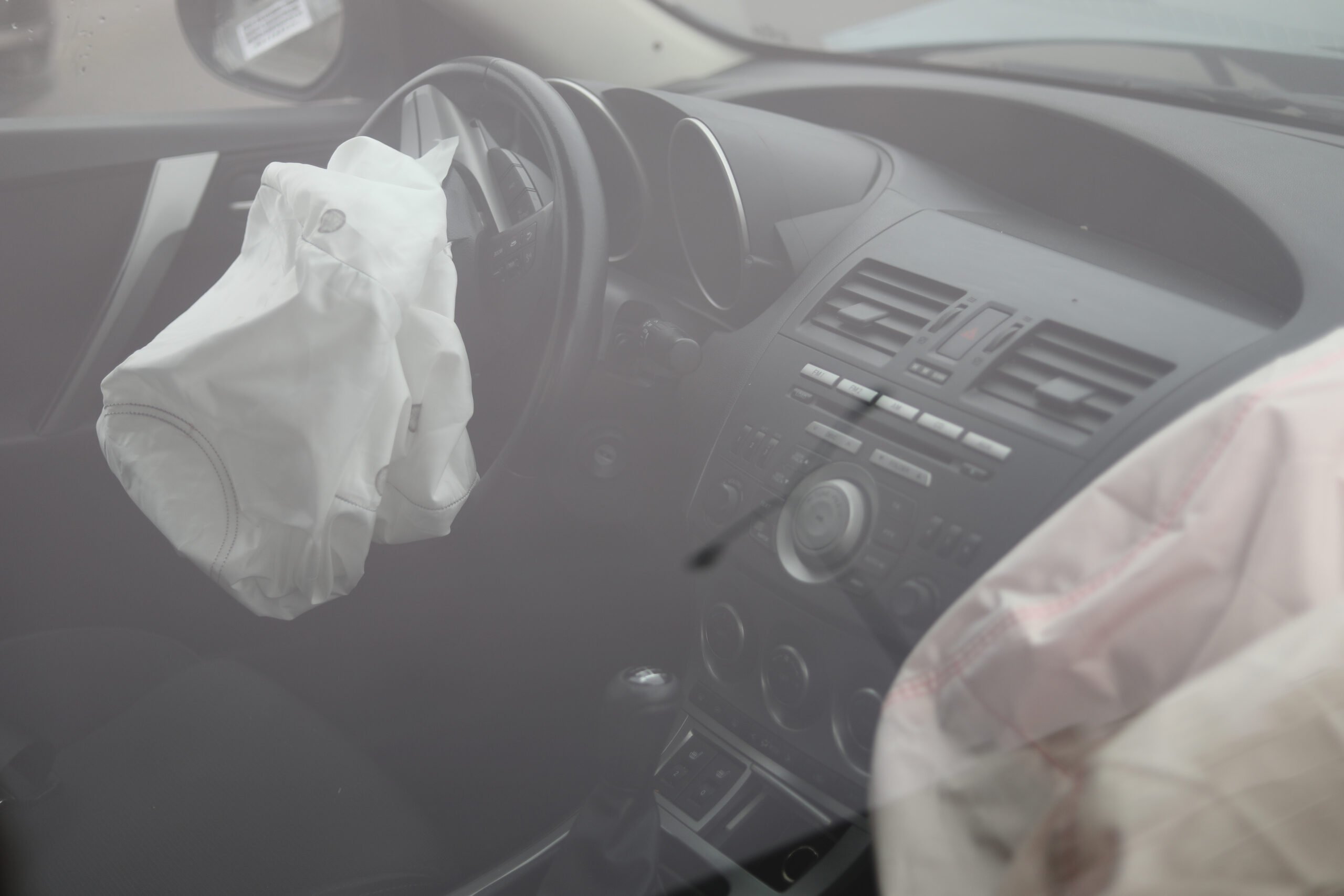
This recall was not specifically by one brand. It affected many prominent names such as Honda, BMW, Toyota, and Ford. Reports suggest that over 100 million people were affected by the faulty airbags supplied by Japanese supplier Takata. Problems began in 2013, with many people getting injured due to them inflating while driving. The National Highway Traffic Safety Administration ordered a complete recall of Takata Airbags in 2014. This is considered the largest recall in the history of the automotive industry.
Volkswagen Dieselgate Scandal

This recall is popularly known as the ‘Dieselgate Scandal’ in the automotive industry, centering around Volkswagen’s emission test. Models such as the Jetta, Passat, and Golf had technology that temporarily reduced emissions to cheat the system. They contained high amounts of Nitrogen Oxide, and over 11 million vehicles produced 40 times their emissions limit.
General Motors Faulty Switch
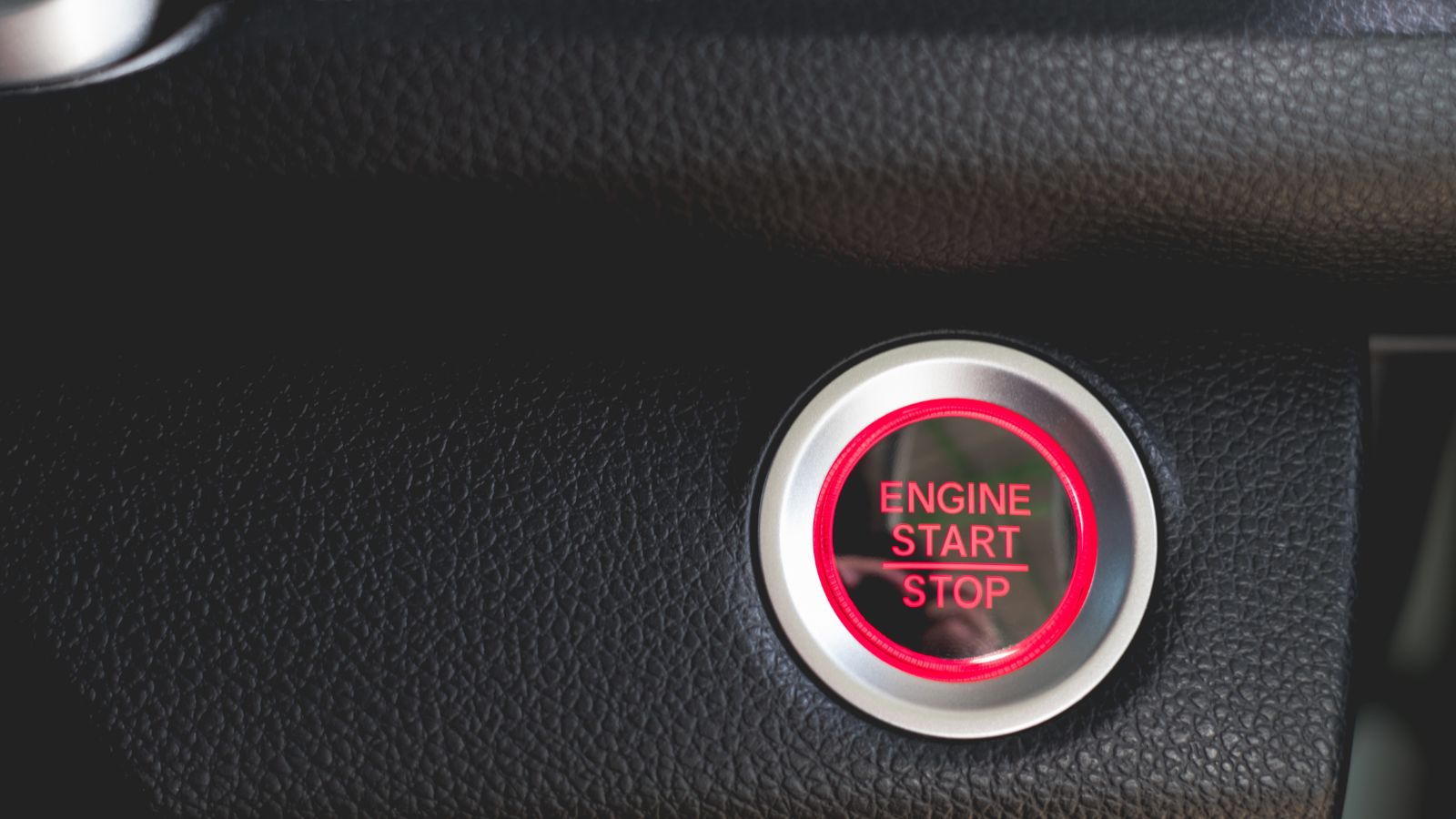
This recall in 2014 was due to a dangerous and threatening situation caused by the faulty ignition switch. This issue was a prevailing issue for over a decade in numerous vehicles, leading to many accidents. Drivers used to find themselves in a helpless position where the power was cut to the engine because the switch slipped. Left in a vulnerable position with no airbags, power steering, or brakes, there was no protection to avoid crashes.
Toyota Sudden Acceleration
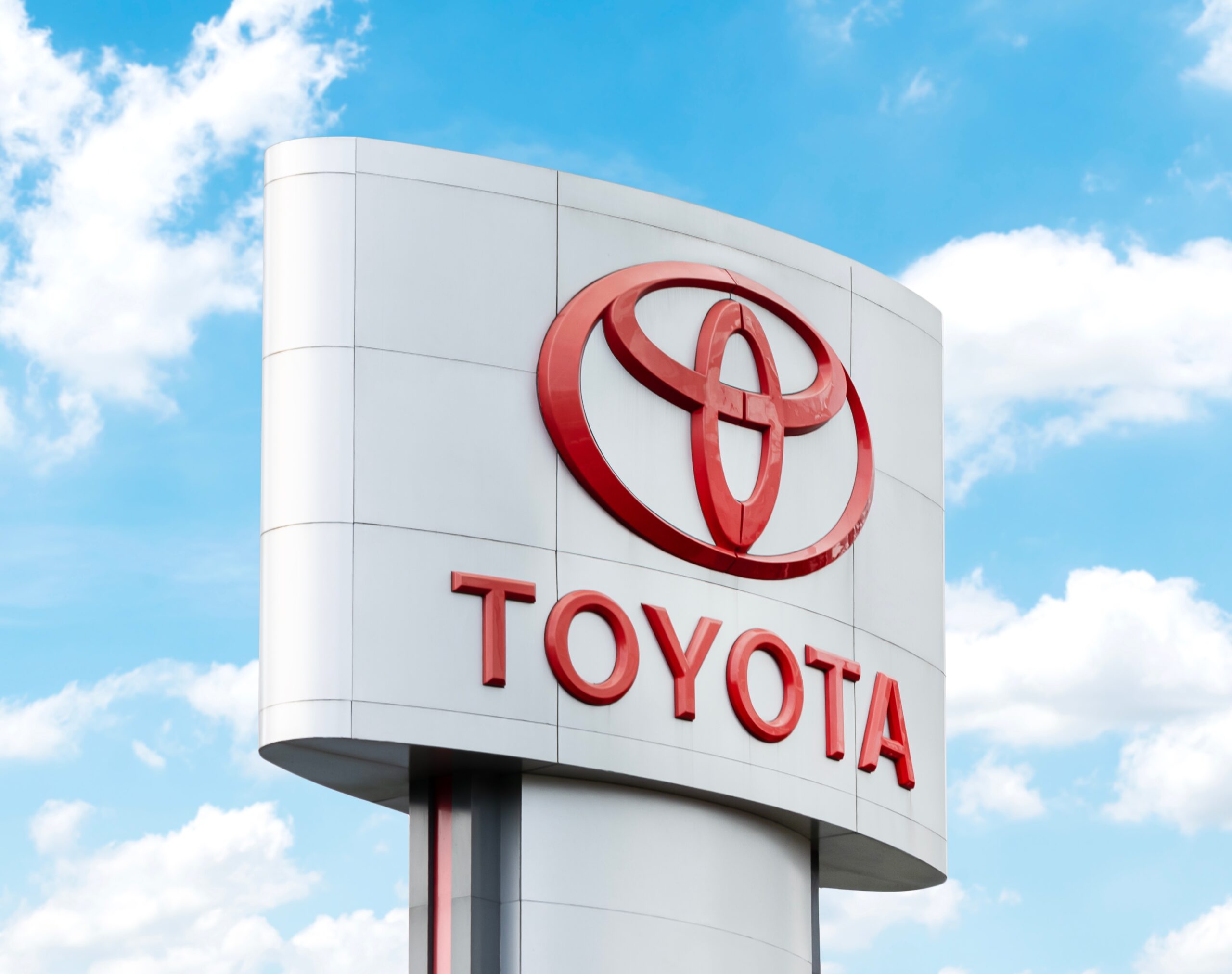
It is crucial to monitor acceleration and maintain full control of the car, especially in tight and congested spaces. These issues were reported when drivers faced sudden acceleration, leading to a loss of brakes. Over 9 million vehicles were recalled, and efforts were made to fix it by implementing floor mats to trap the pedal. Nonetheless, an investigation team found no faults, which raised doubts among drivers.
Honda CR-V Fuel Pump
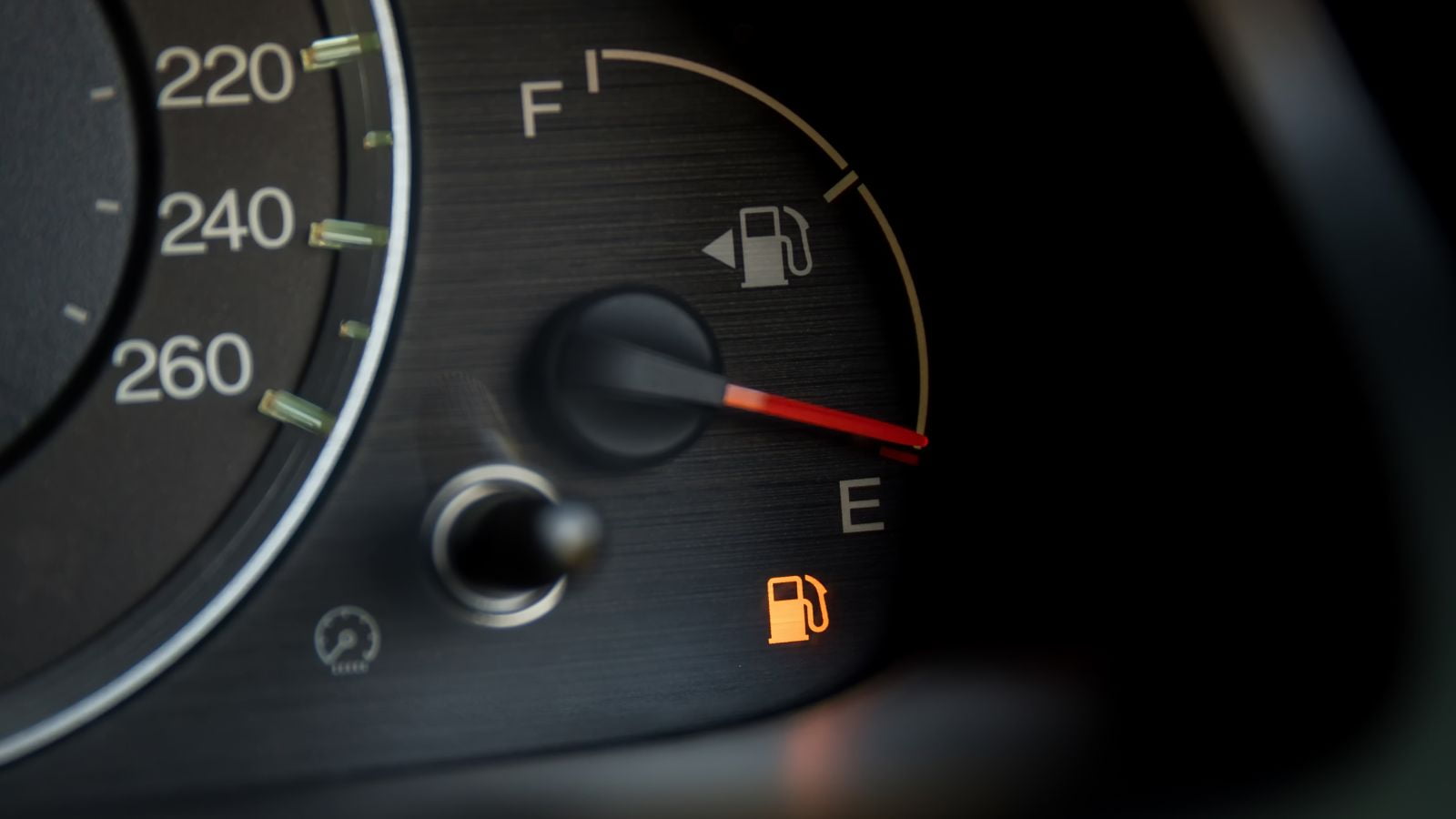
Reports show that nearly 2 million Honda vehicles produced between 2017 and 2020 were recalled. This recall dealt with issues regarding dysfunctional fuel pump impellers, which often failed while driving. As a result, the engines were unable to start, causing the vehicle to stall in the middle of the road. This malfunction led to increased chances of collisions and crashes.
Hyundai and Kia Engine Fires
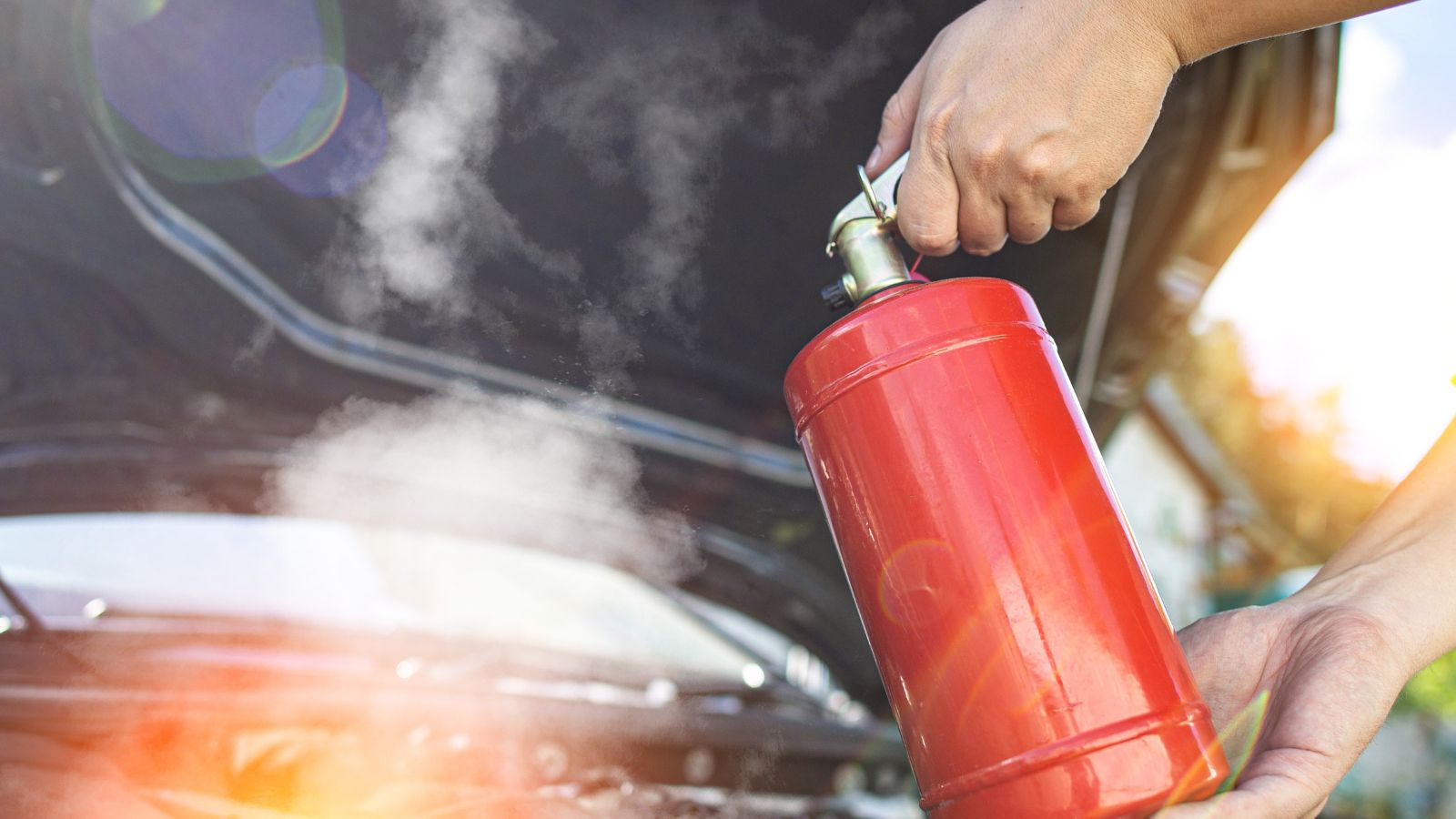
There were issues in the engine compartment of Hyundai and Kia vehicles produced from 2010 to 2019. On investigation, it was found that the brake fluid from the anti-lock braking system had crept into the engine compartment. This led to malfunctions and the risk of the vehicles catching on fire. After damages were reported, around 3.7 million vehicles were recalled for this issue in 2018.
Ford Fire Hazard
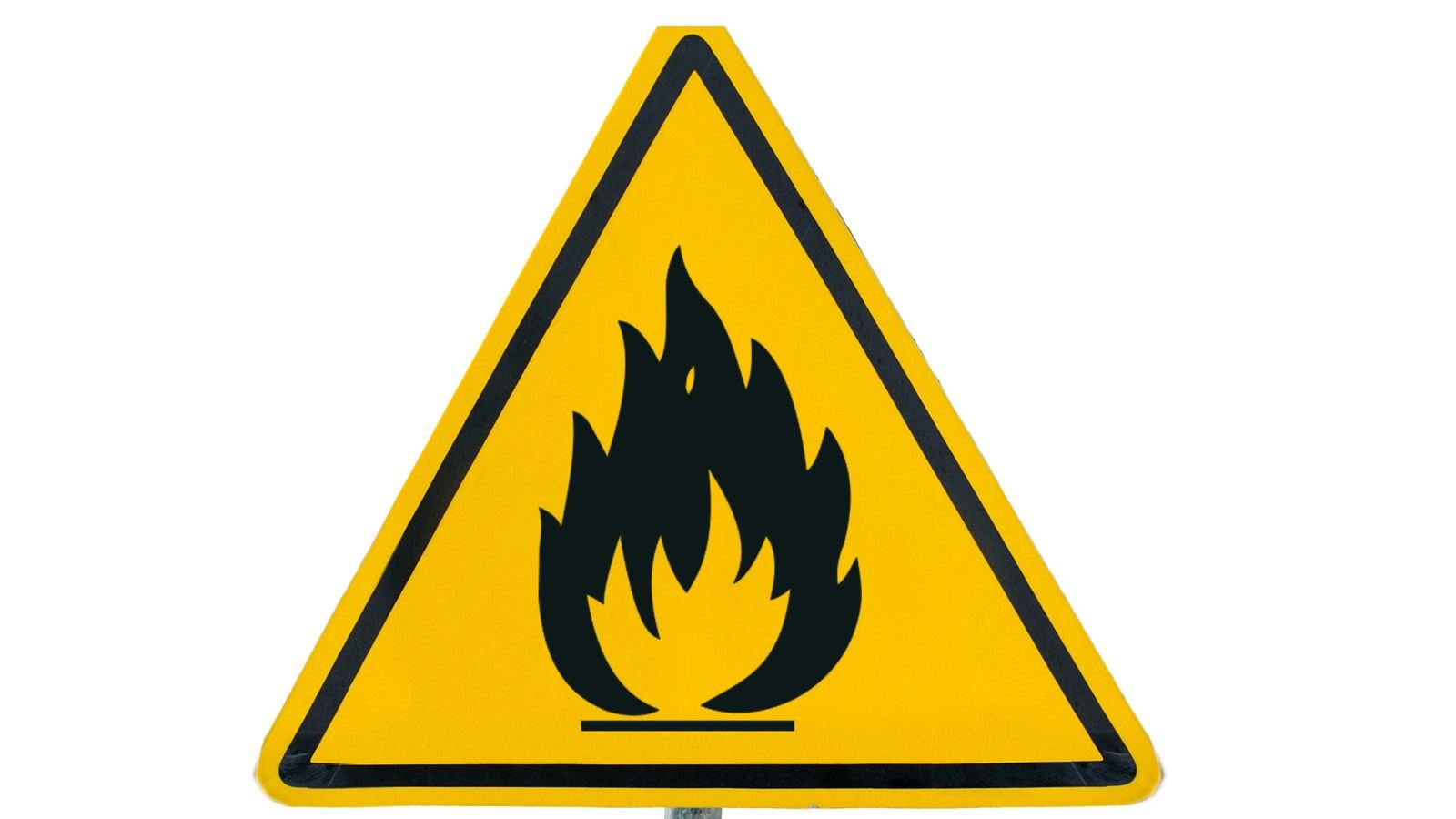
The main problems began in 2016 when there was a leak in the turbocharger oil tubes of the vehicles. Even though the recalls were not in millions, many units of the Ford Escape, Fusion, and the Taurus. The 3.5L EcoBoost engines were disappointing and came off as a major shock in the industry. The company faced significant recall costs, and the possibility of the fuel line leaks made everyone paranoid.
BMW EGR Cooler
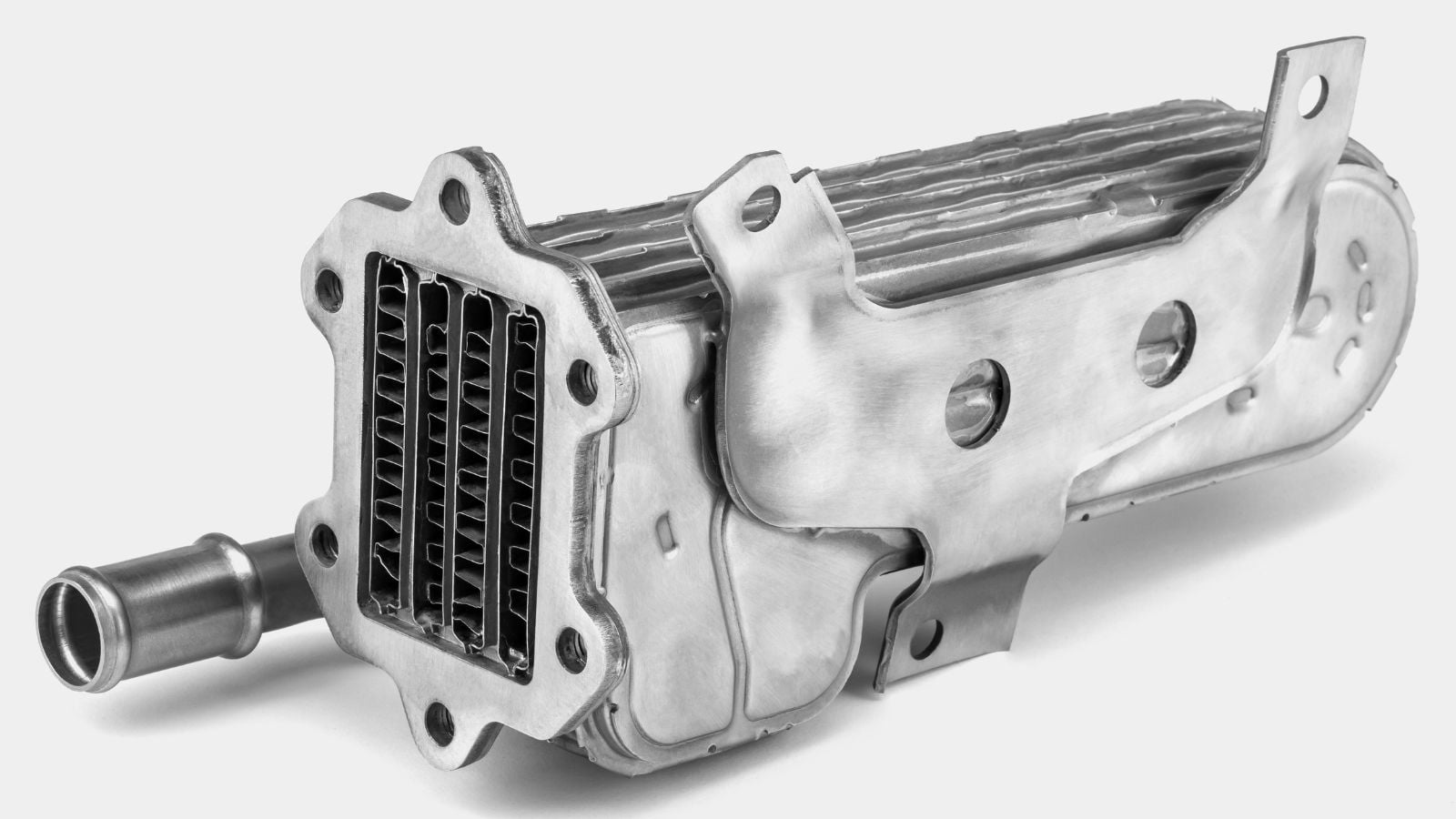
One of the most shocking automotive industry recalls was the BMW EGR cooler in 2018. The main function of the Exhaust Gas Recirculation (EGR) cooler was to reduce emissions, but it was faulty in nature. This defect could cause the cooler to leak glycol, which could combine with soot, resulting in engine fires. The BMW 3 series and 5 series also suffered from such threats, and as a result, over 1 million vehicles were recalled.
Nissan Airbag Sensors
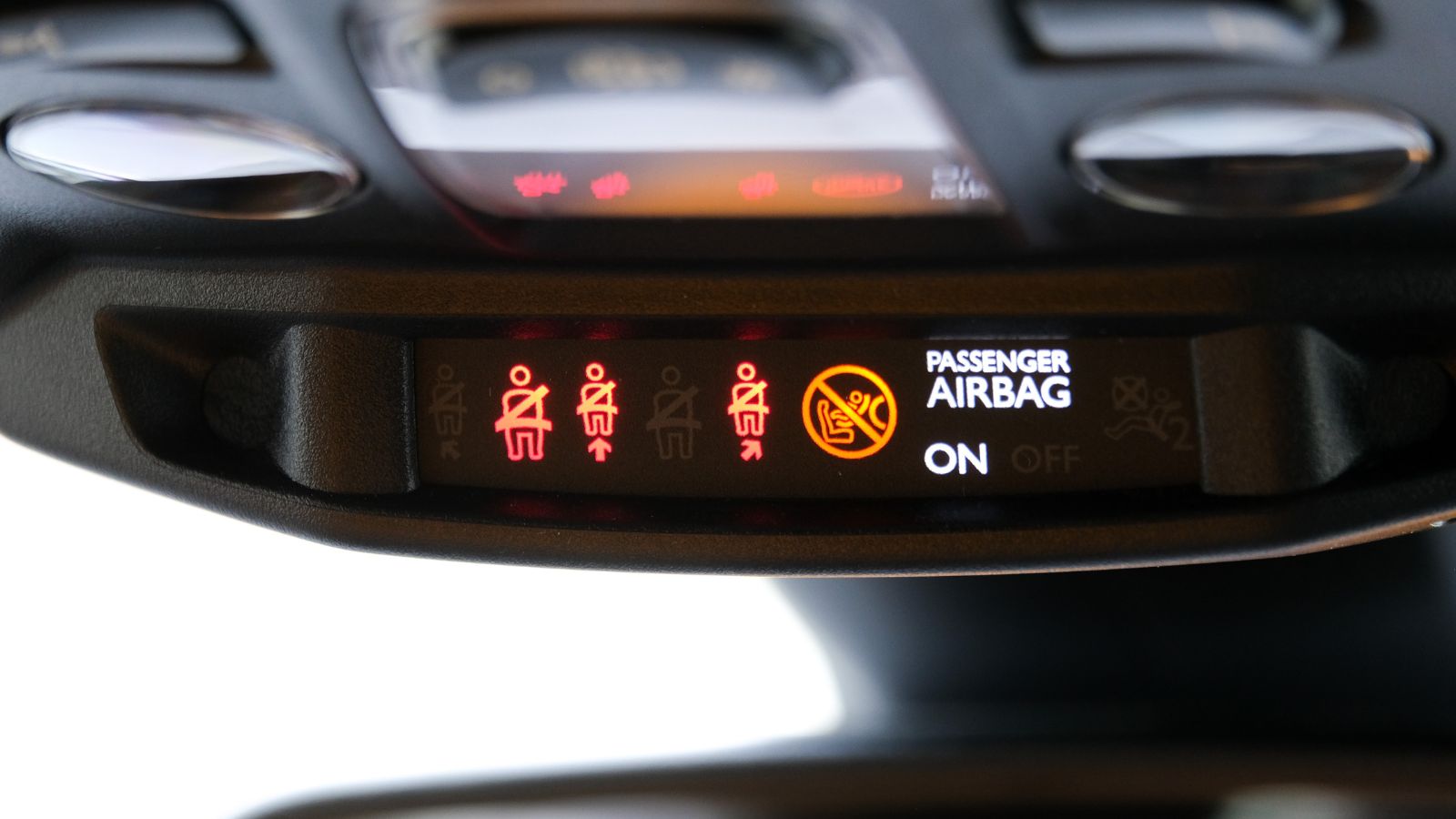
Airbags are one of the most crucial and basic safety features in vehicles, and when not activated, they may lead to dire circumstances. In 2014, over 3.5 million Nissan vehicles were recalled due to faulty Occupant Classification System (OCS) sensors. These sensors were crucial in detecting passengers; their failure would lead to the airbags not opening during a crash.
Chrysler Gear Shifters
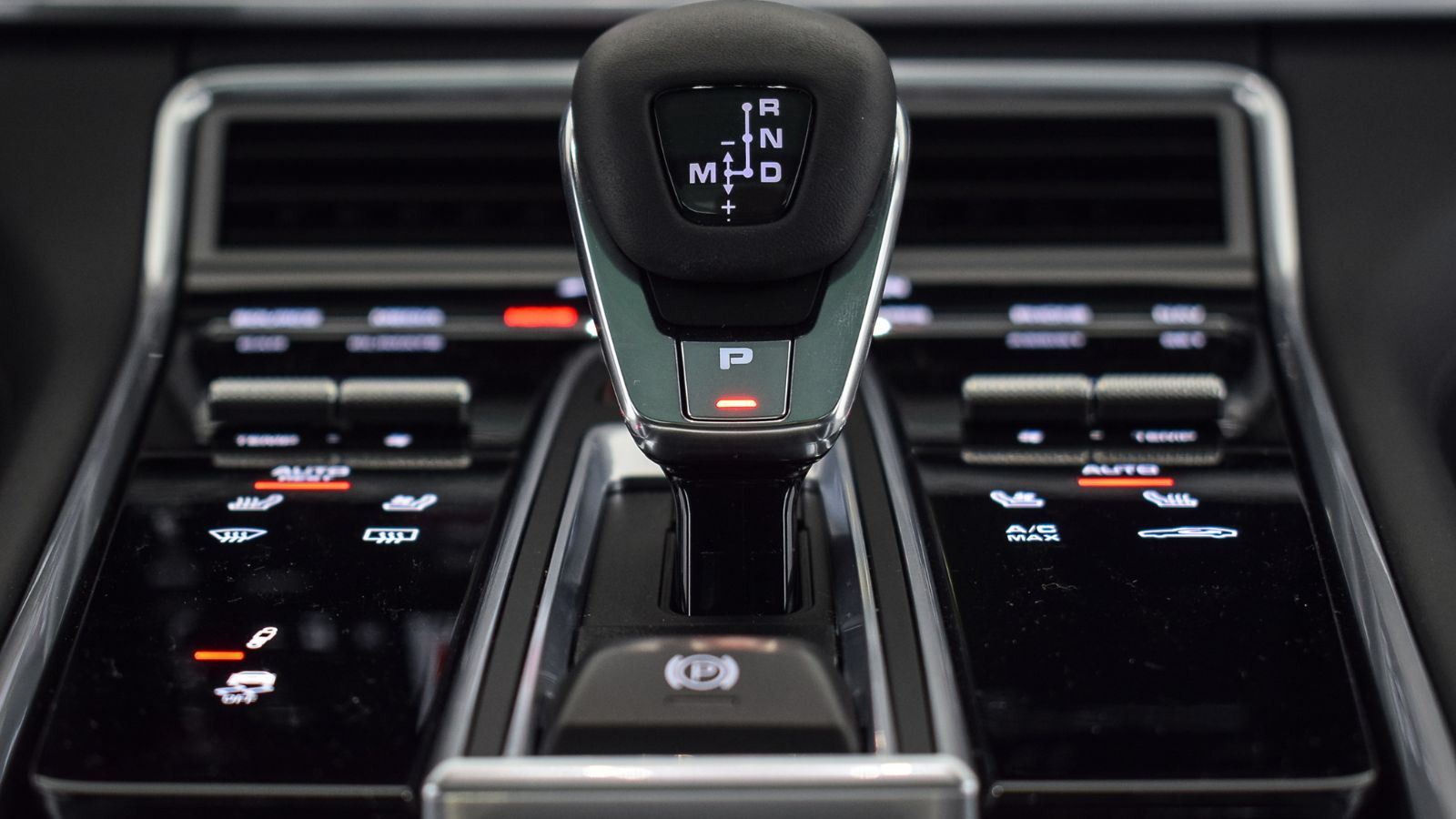
This is a prime example of a failed innovative electronic gear shifter, which led to the recall of about 1.1 million vehicles in 2016. Unlike conventional gears, this electronic shifter would return to its original position regardless of the park, reserve, or driver gear mode. This led to many drivers getting confused and forgetting which gear they had put their vehicle in. The models included the Jeep Grand Cherokee, Chrysler 300, and other Dodge vehicles.
Subaru Brake Light Switch
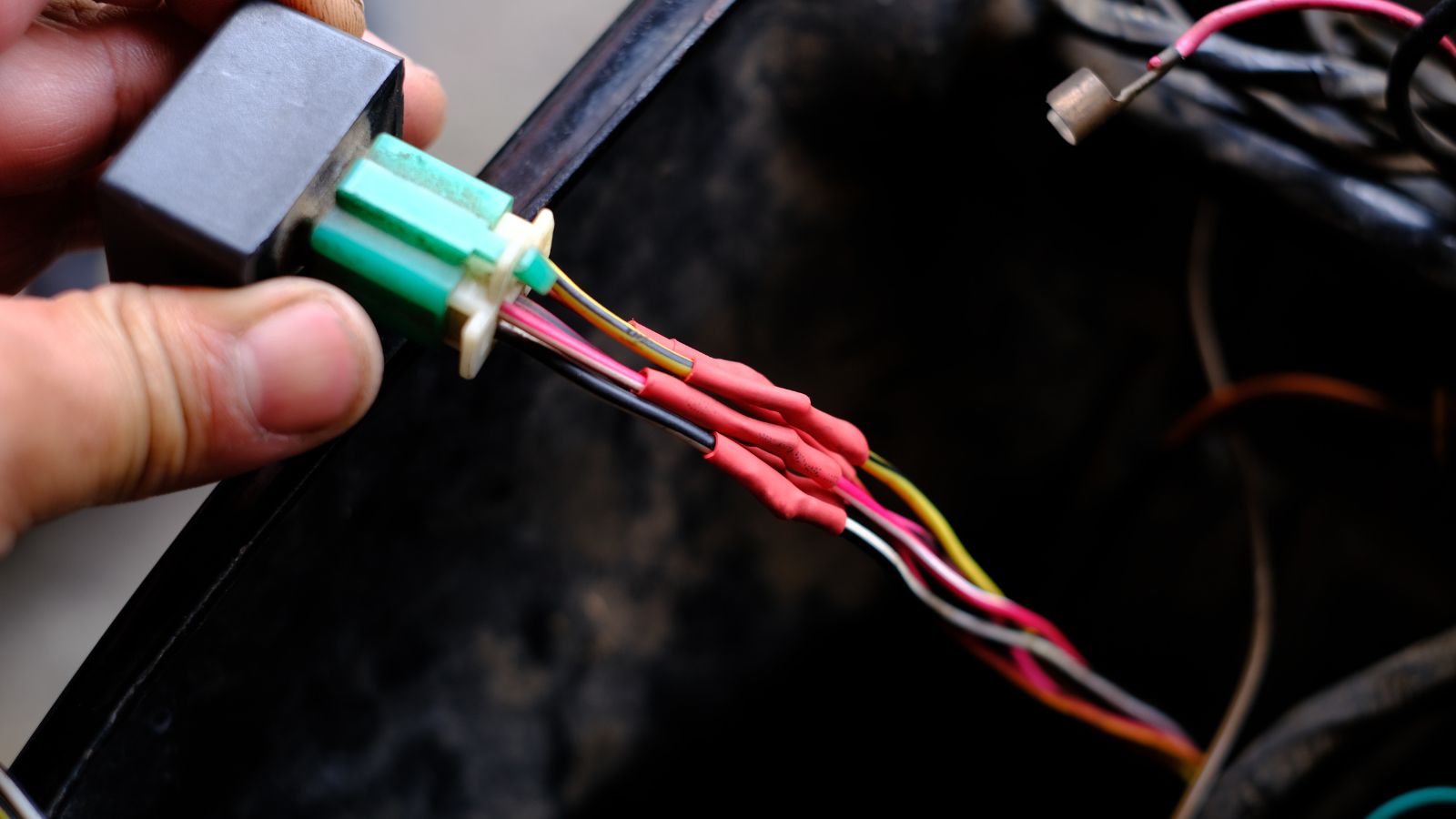
The culprit in this recall was the profound brake lights that failed to operate when drivers hit the brakes. This impacted about 2.3 million vehicles and increased the risk of collisions due to the light not illuminating. This not only led to problems on the drivers’ end but was a greater problem for vehicles in the surrounding area. Some of the models that faced such issues were the Crosstrek, Forester, Impreza, and WRX.
Tesla Model S Suspension
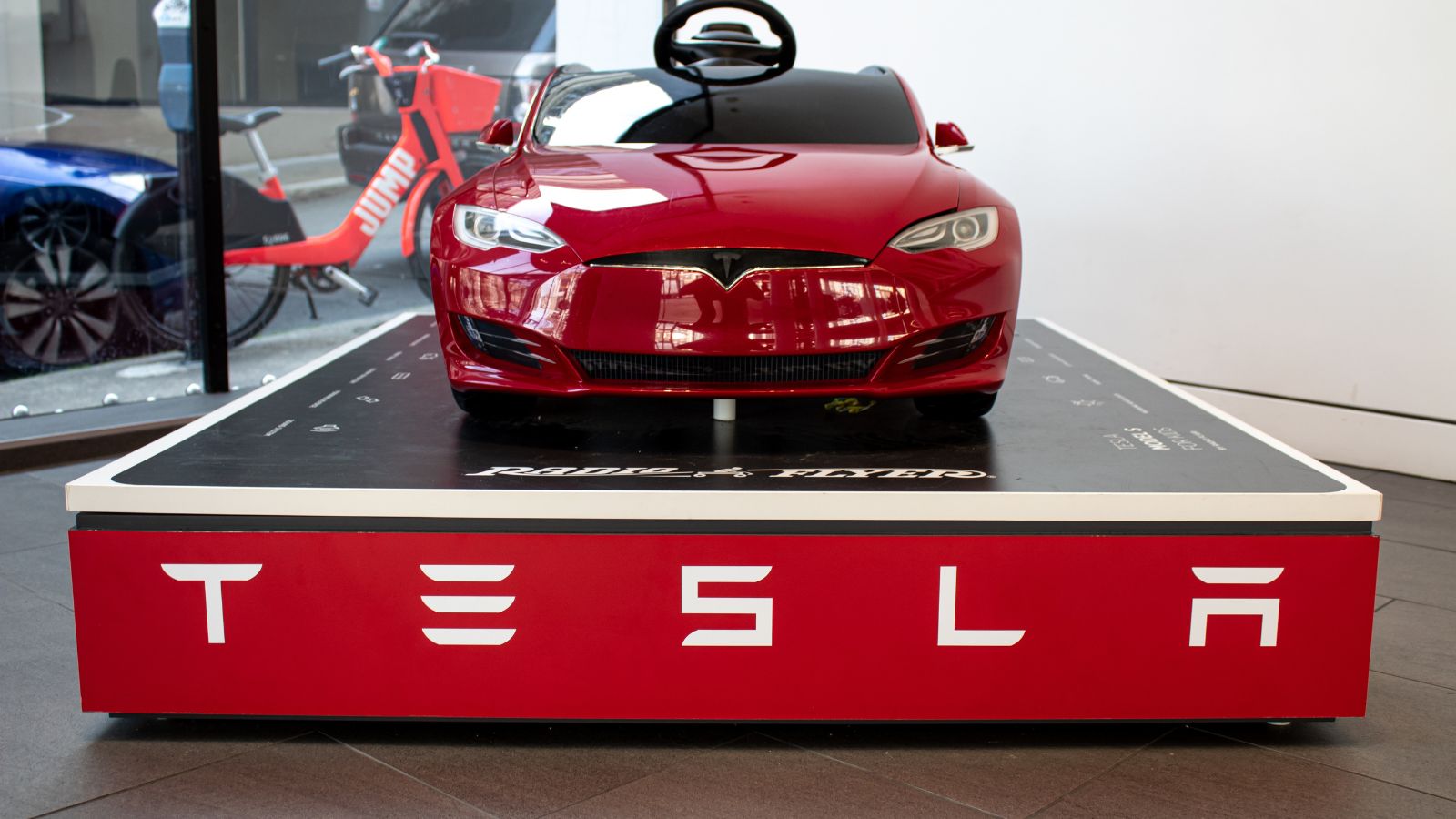
Tesla recalled more than 30,000 Model S vehicles built from 2013 to 2018. The ball head bolt attached to the rear suspension connecting rods was developing cracks due to its faulty nature. The lower control arm bolts were also at fault, leading to Tesla recalling these vehicles sold to China in 2020. This is also a controversial event, with the Senate shaming Tesla for blaming consumers for the main cause of this defect.
Fiat Chrysler Software Update
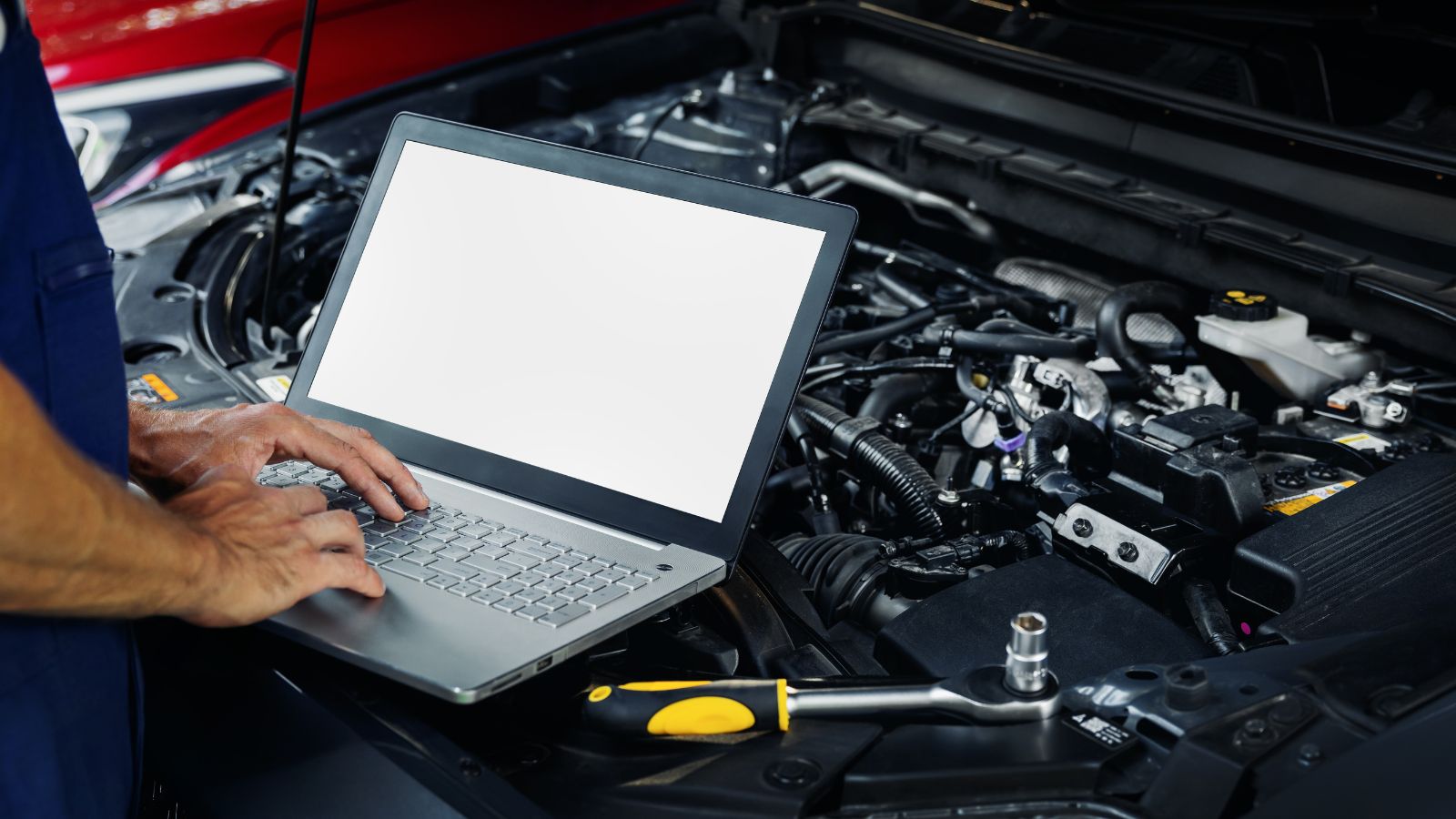
The recalls pertaining to software update issues in Fiat Chrysler have not been a novel event. In 2018, around 4.8 million vehicles were affected due to a problematic update that disrupted controls. This included disabling the airbags and seatbelt pre-tensioners during crashes or their impact. The defect was linked to the Occupant Restraint Control (ORC) module, which led to additional repair costs and compensation by the company.
Mazda Fuel Pump
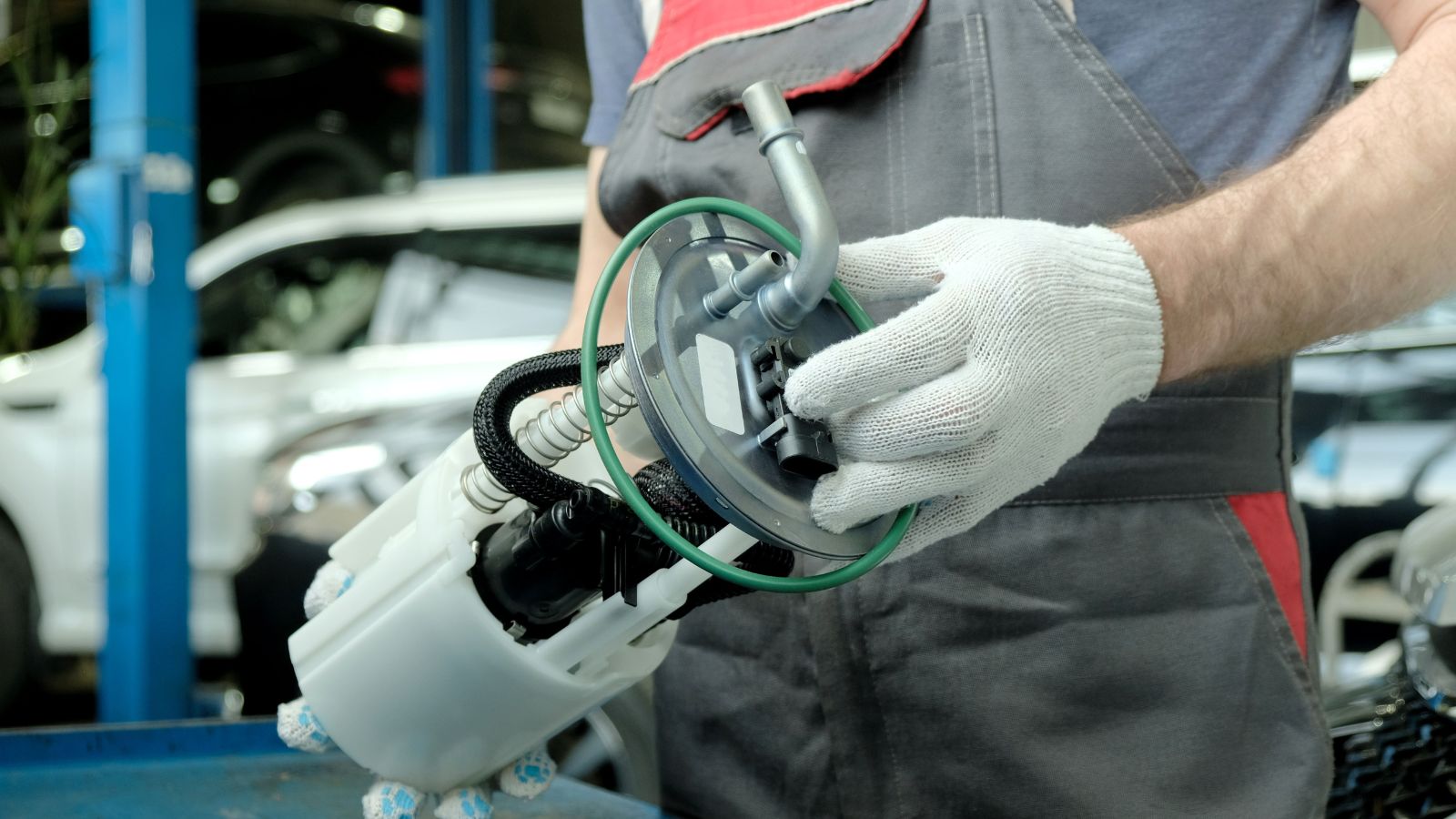
The recall of several Mazda vehicles was another instance of engine stalling caused by faulty fuel pumps. These included models such as the Mazda3 and Mazda6, which put passengers’ lives at risk. Engine stalling due to faulty fuel impellers while driving could have deadly consequences. As a result, around 1.5 million vehicles were recalled globally in June 2020.
Audi Coolant Pumps
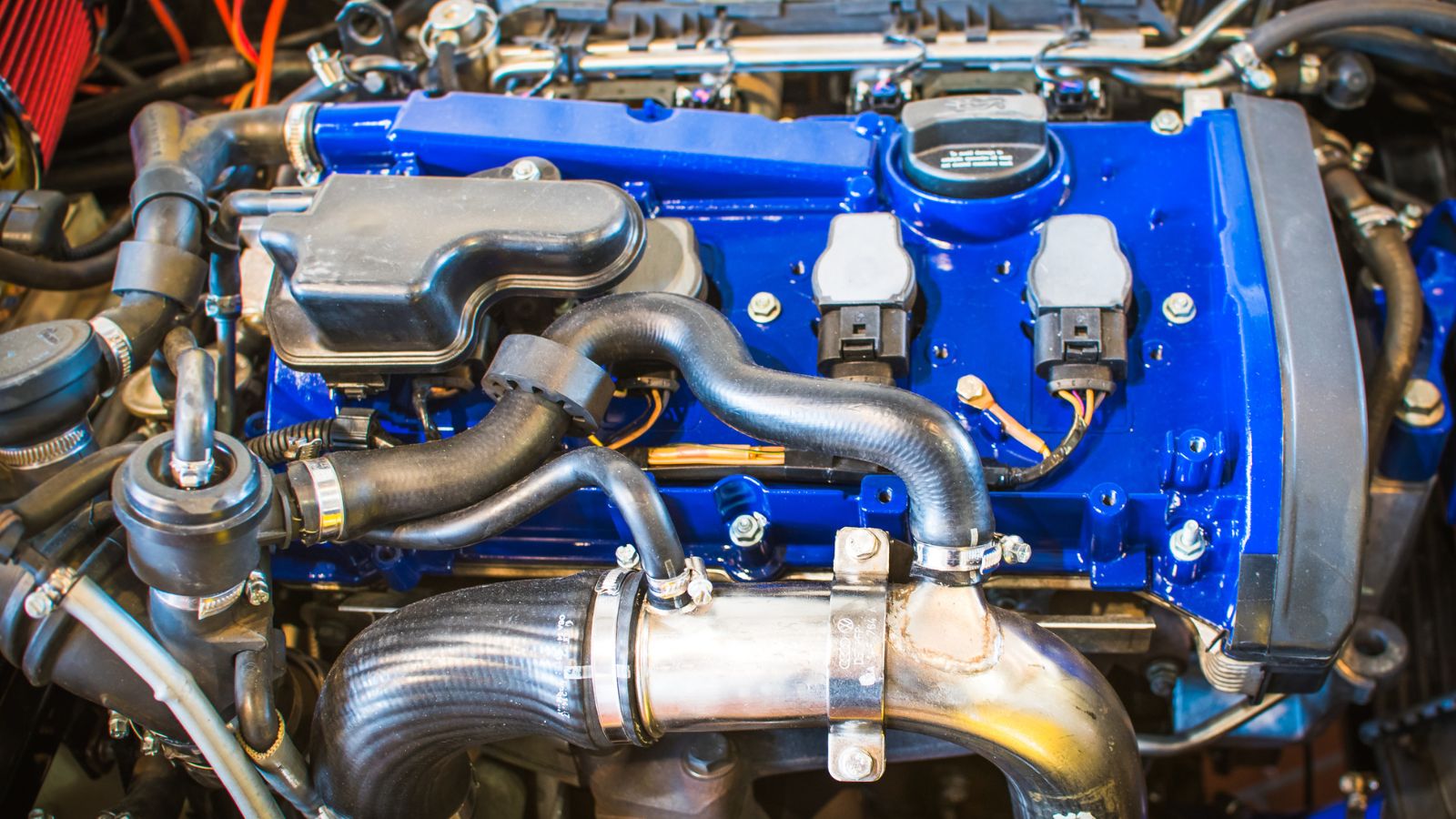
The recall of the Audi vehicles due to their coolant pumps overheating and causing fire unfolded in many steps. The first recall was in January 2017, where Audi vehicles featuring a 2.0-liter turbocharged inline four-cylinder engine were targeted. In September 2018, the second recall led to nearly 1.2 million vehicles being recalled due to engine fires. These mainly occurred in the Audi vehicles produced between 2012 and 2017, becoming shocking in the automotive industry.
14 Cars with a Reputation for Running Forever and Why They Outperform the Rest
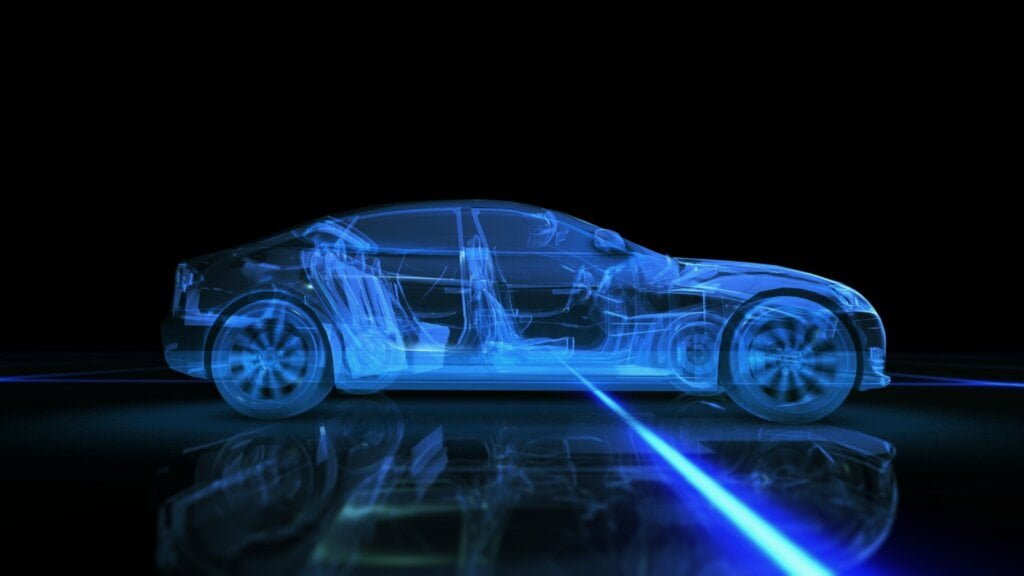
In the dynamic world of automobiles, some cars stand out for their remarkable longevity and enduring performance. These road warriors have earned a reputation for running seemingly forever, outpacing their counterparts. This article will explore 14 such vehicles and the reasons behind their legendary durability.
14 Cars With A Reputation For Running Forever And Why They Outperform The Rest
